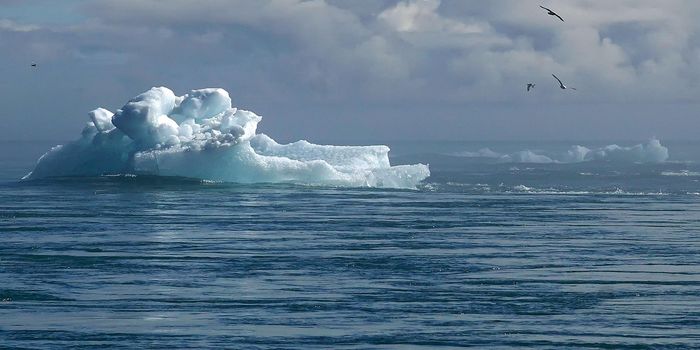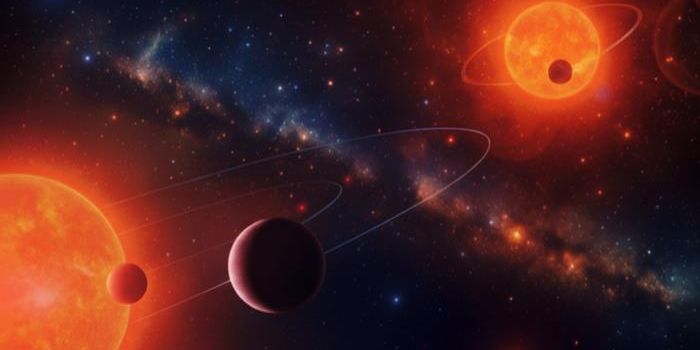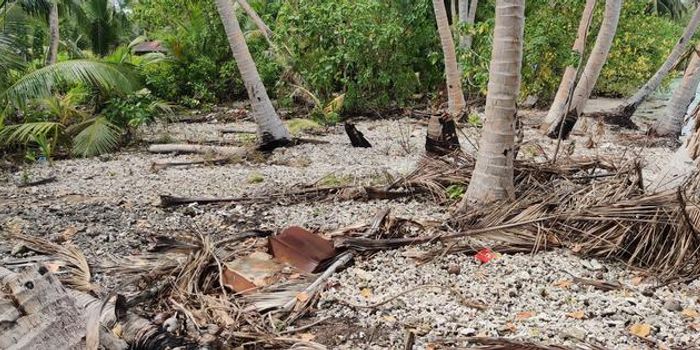Climate change has thwarted a study about climate change
Forty scientists from five Canadian universities who had embarked on the icebreaker and Arctic research vessel CCGS Amundsen in order to begin a 4 year and $17 million study about climate change in the Hudson Bay were recently shot down – by climate change itself. Dangerous ice conditions of 8 meter thick floes impeded the vessel off the north coast of Newfoundland, ironically demonstrating how warming temperatures have affected the region. Nevertheless, this did give scientists an unexpected opportunity to study the ice.
The team found that much of the ice was the multiyear ice typically seen in the high Arctic. Given the time of year and how far south they were, the chief scientist on the expedition, David Barber, said it was quite surprising. “It’s not something you would expect to see there and not something we’ve seen there before,” he said. “In the high Arctic, climate change is causing the ice to get thinner and there to be less of it. What that does is that it increases the mobility of ice.”
The expedition decided to delay their mission in order to lend a hand to fishing boats and ferries that were trapped by the ice. “It was a really dramatic situation,” said Barber. “We were getting search and rescue calls from fishing boats that were stranded in the ice and tankers that were stranded trying to get fuel into the communities. Nobody could manage this ice because it was far too heavy to get through.”
Although the ice conditions did improve slightly, the crisis caught so many off guard that it shone a light on the need to be better well-prepared. Climate change, this illusive buzzword that sounds so grandeur, ambiguous, and futuristic, is in fact very specific, and very much already affecting us. A spokesperson for Environment and Climate Change Canada said in an email, "Typically there would be very little or no ice left in either of these areas at this time of year, let alone the thick ice pack we are currently seeing off the northeast coast of Newfoundland." Although this example particularly endangers Canada, other nations and coastlines around the world are also experiencing climate change’s devastating as we speak. Check out this video of how climate change is impacting island nations in the Pacific.
Barber is hopeful that the expedition will be able to kick off again next year to complete the first leg of the journey from Quebec City to Churchill. Meanwhile, other scientists are still planning on boarding the Amundsen for the second leg of the expedition, Churchill to Iqaluit, July 6.
Sources: The Guardian, CBC, Science Daily









